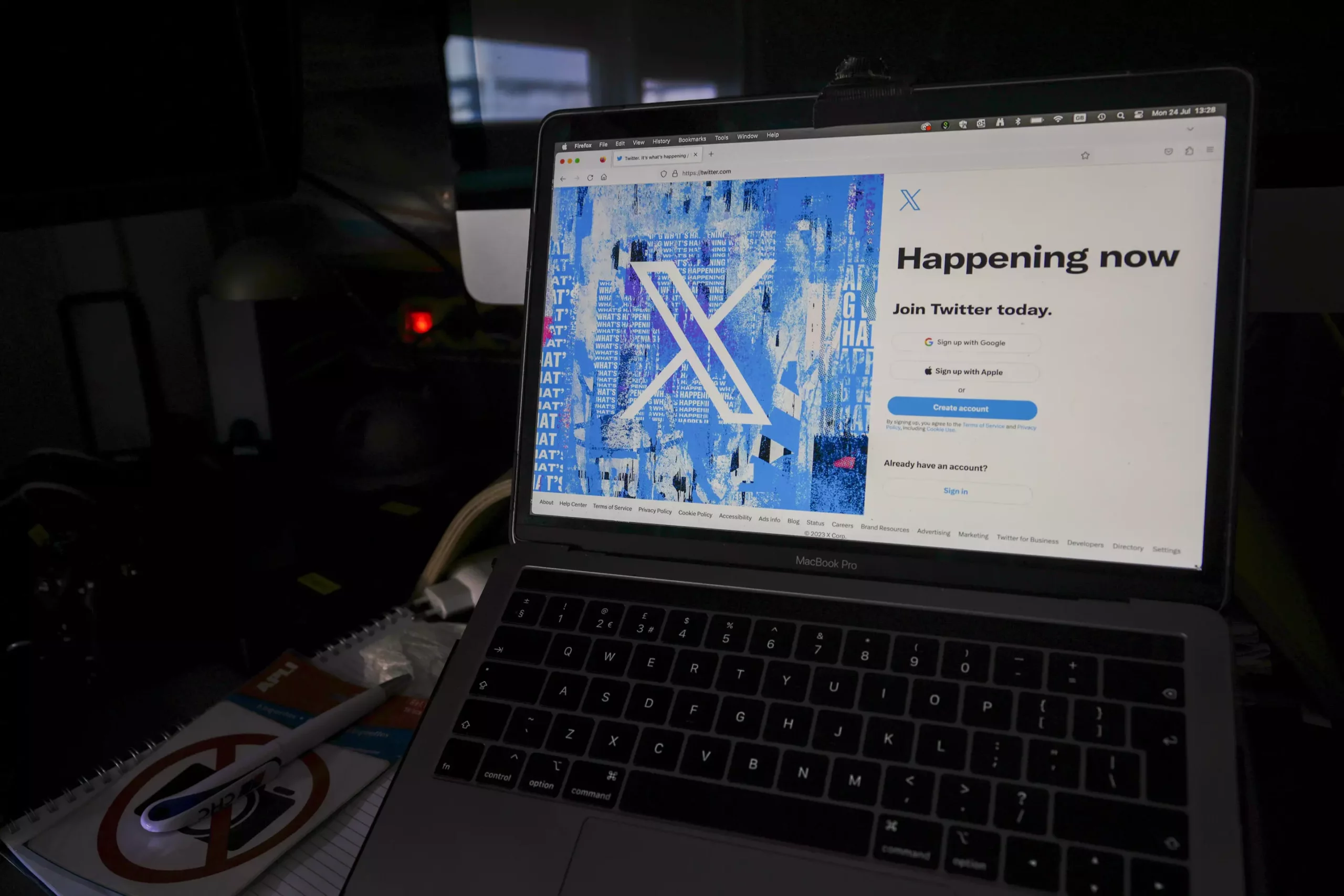The recent developments concerning the Brazilian social media scene have spotlighted the tumultuous relationship between Elon Musk’s platform, X (formerly known as Twitter), and the Brazilian Supreme Court. Alexandre de Moraes, an influential Supreme Court Justice, has been at the forefront of this clash, further complicating the already adversarial situation that has seen X blocked in Brazil for nearly a month. The pronounced tension between Musk and Moraes stems from broader themes of free speech, misinformation, and the complications of operating a global social media platform within regional laws and restrictions.
In a fresh ruling made public on Friday, Justice de Moraes set new stipulations for X’s reactivation in Brazil. This ruling came a day after the company asserted that it had fully complied with earlier directives, including appointing a legal representative to oversee operations in Brazil. However, de Moraes stipulated that X could only resume its services once another Musk-associated entity, the satellite internet provider Starlink, retracts its appeals related to this ongoing legal saga. This perspective raises pressing questions about the nature of corporate interconnectivity and accountability.
The close ties between X and Starlink, framed by de Moraes as part of the same economic group, have sparked criticism and skepticism among legal experts. This concern over the interpretation of corporate relationships poses an essential issue regarding how businesses are treated under local laws versus their global operations. Critics argue that tying the legal status of one company to another could set a precedent that affects numerous multinational corporations, particularly within sectors that rely heavily on digital infrastructure.
Moreover, the judge’s ruling included a substantial fine of 10 million Brazilian reais (approximately $1.84 million), an additional element that underscores the judicial scrutiny both companies face. This measure is particularly noteworthy due to the previous penalties X has encountered, amounting to fines exceeding $3 million. Such financial repercussions serve not only as punishment but also as cautionary tales for digital enterprises operating in restrictive environments.
At the core of this conflict is a profound debate about free speech and the role of social media in shaping public discourse. Musk has consistently positioned himself as a champion of free expression, asserting that X serves as a vital platform for dialogue and information sharing. However, Brazilian authorities, represented by de Moraes, have accused the platform of fostering far-right misinformation and enabling hate speech, particularly in a country already on edge about these issues.
X’s commitment to protecting free speech “within the boundaries of the law” reflects the delicate balance that all social media platforms must navigate when operating internationally. In Brazil, with its own stringent laws surrounding online communication, the responsibility falls not only on the platform to adapt but also on lawmakers to create reasonable frameworks that protect citizens without infringing upon rights. This multifaceted dynamic illustrates the complexities of navigating speech rights in a digital age, emphasizing how various governmental perspectives can lead to significant ramifications for global companies.
With the future of X in Brazil hanging in the balance, the platform’s recent maneuvers suggest a precarious approach to compliance. After previously advertising the withdrawal of staff from Brazil due to fears of legal reprisals, recent actions indicate that X is attempting to restore a foothold in one of its largest markets, home to over 20 million users. However, this attempt may require genuine reform and strategic operational changes to navigate the prevailing legal hurdles effectively.
Ultimately, the ongoing saga between Elon Musk’s X and judicial authorities in Brazil serves as a microcosm of the larger tensions that define the digital landscape today. It highlights the need for clearer regulatory frameworks accommodating the complexities of global operations while respecting local laws. As definitions of free speech continue to evolve in the digital realm, both stakeholders and observers alike will be watching closely to see how this battle unfolds—an outcome that could resonate beyond Brazil, setting precedents for other nations confronting the dual challenges of digital governance and free expression.

